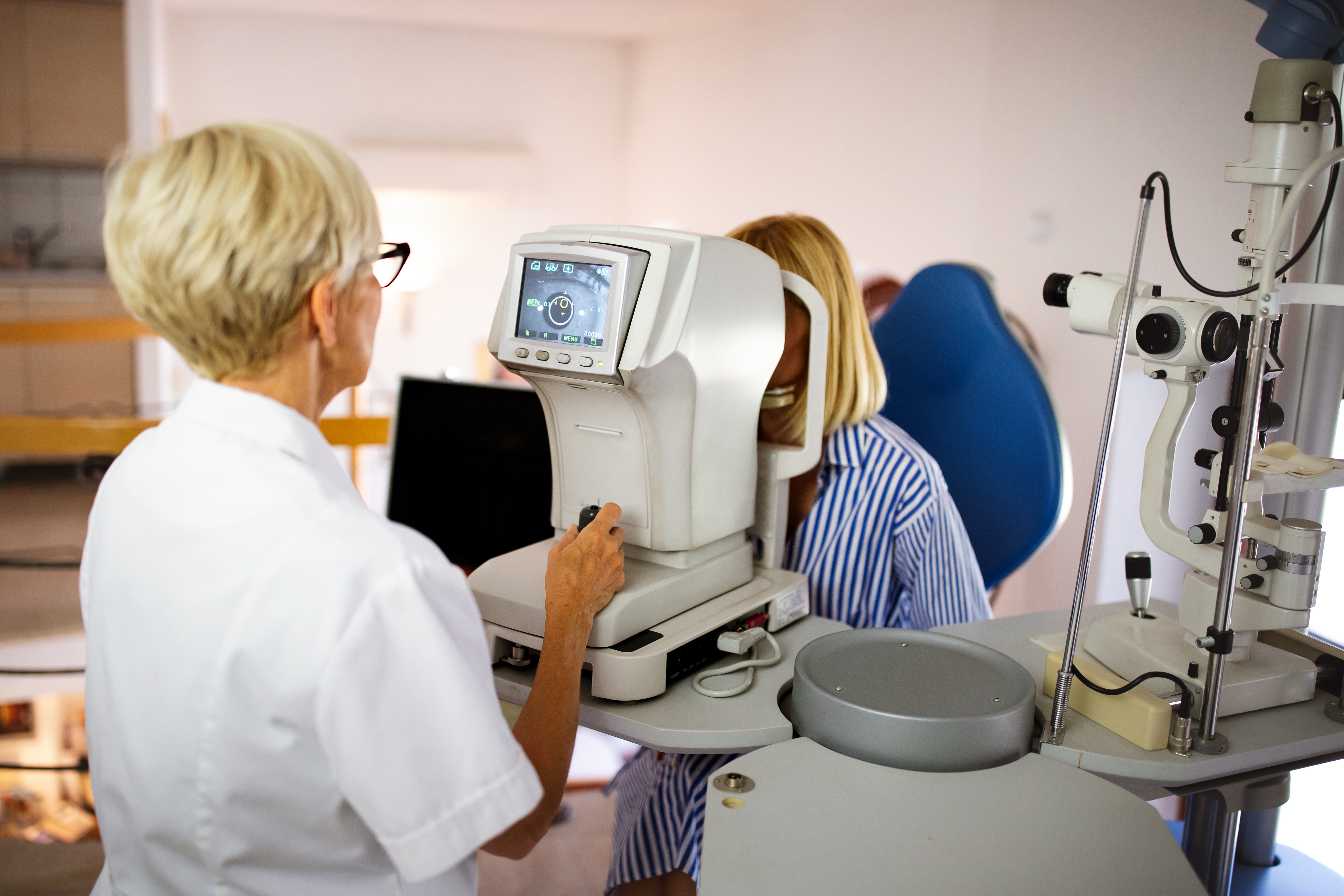Hidden Red Flags: Early Warning Signs Your Liver Might Be Under Stress
Fatigue? Skin changes? Digestive weirdness? They might all trace back to your liver. That’s why we’ve expanded our guide of critical clues that your liver is in distress—early warnings that something deeper could be going on. The sooner you catch these signs, the easier it is to intervene before things escalate. This isn’t about panic—it’s about awareness. Because when your liver struggles, your entire system feels the strain. And when it thrives, everything runs smoother. Let’s decode the signs—and give your liver the support it’s quietly asking for.
1. Persistent Fatigue: The Unseen Energy Drain

Fatigue is a common complaint, often dismissed as a consequence of a busy lifestyle. However, when tiredness becomes chronic and unrelenting, it may indicate liver dysfunction. The liver is responsible for breaking down toxins and converting nutrients into energy. When compromised, its efficiency diminishes, leading to an accumulation of toxins and a resultant energy deficit. This persistent fatigue is not merely physical but can also affect cognitive functions, making concentration and mental clarity challenging. Recognizing this symptom as a potential sign of liver distress is crucial, prompting further investigation and lifestyle adjustments to alleviate the burden on the liver.
2. Jaundice: The Yellow Warning Light

Jaundice, characterized by a yellowing of the skin and eyes, is a classic indicator of liver trouble. It occurs when bilirubin, a byproduct of red blood cell breakdown, accumulates in the body due to the liver's inability to process it efficiently. This symptom is often one of the more visible signs of liver distress, signaling conditions such as hepatitis, cirrhosis, or bile duct obstruction. While jaundice is alarming, it serves as a critical clue that immediate medical evaluation is necessary. Understanding the underlying causes of jaundice can help in diagnosing the specific liver condition and initiating appropriate treatment strategies.
